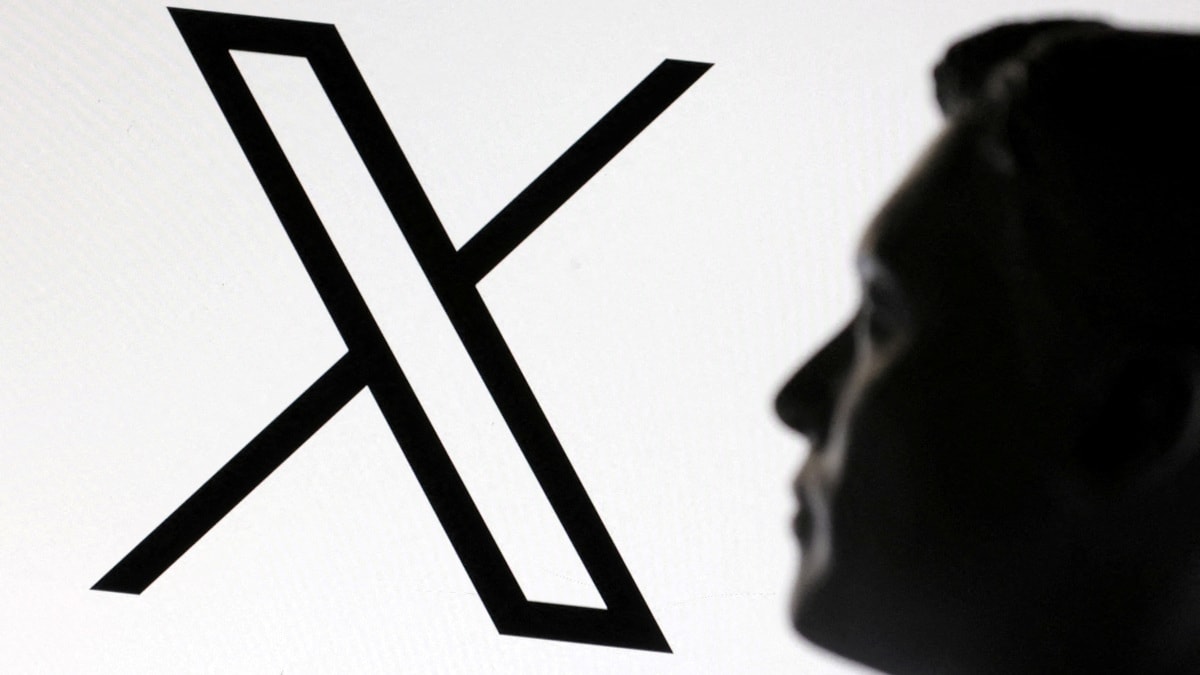

The Indian government has taken a firm stance against Elon Musk's social media platform X, asserting that the company cannot evade accountability for unlawful content by invoking the 'safe harbor' clause under the Information Technology (IT) Act. The government's stance, presented to the Karnataka High Court, underscores the debate over content regulation, freedom of speech, and the responsibilities of social media intermediaries in India.
The core of the dispute revolves around Section 79 of the IT Act, which offers a 'safe harbor' to social media platforms, protecting them from liability for user-generated content. However, this protection is contingent upon platforms adhering to statutory duties and responsibilities. The government argues that X is attempting to misuse this provision to avoid taking action against unlawful content, which it says endangers democracy. Solicitor General Tushar Mehta emphasized that freedom of speech, as enshrined in Article 19(1)(a) of the Constitution, does not grant absolute protection to content that undermines societal stability and individual rights. He argued that unchecked proliferation of unlawful content on social media poses a threat to public discourse and democracy.
X, on the other hand, has challenged the Indian government's content regulation practices, accusing it of unlawfully censoring online content. The platform filed a lawsuit in the Karnataka High Court, contesting the government's use of Section 79(3)(b) of the IT Act to issue takedown orders. X argues that this section is being misused to create a parallel content-blocking mechanism that circumvents the legal process and lacks necessary safeguards. The company claims that the government is empowering numerous officials to demand content removal without proper judicial oversight, leading to arbitrary censorship.
X has also refused to participate in the "Sahyog" portal, launched by the Ministry of Home Affairs, which the platform describes as a "censorship portal". The portal allows government agencies to issue content-blocking orders, and X argues that it lacks legal basis and forces companies to comply with arbitrary censorship. The platform contends that it already adheres to the existing rules under the 2021 IT Guidelines, which require the appointment of grievance officers and compliance with legal requests.
This legal battle is not the first instance of contention between X and the Indian government. In the past, X (formerly Twitter) has challenged government orders to block content, but the court dismissed the plea, citing the company's failure to comply with previous government directives. The current lawsuit coincides with efforts by other Elon Musk-owned companies, such as Starlink and Tesla, to expand their operations in India. This situation raises questions about the timing and motivations behind X's legal challenge, as well as the potential impact on Musk's broader business interests in the country.
The outcome of this legal battle could have significant implications for the digital content regulatory framework in India. The court's decision will likely clarify the scope and limitations of the 'safe harbor' provision, as well as the government's authority to regulate online content. It will also influence the balance between freedom of speech, government regulation, and the responsibilities of social media platforms in maintaining a safe and democratic online environment.